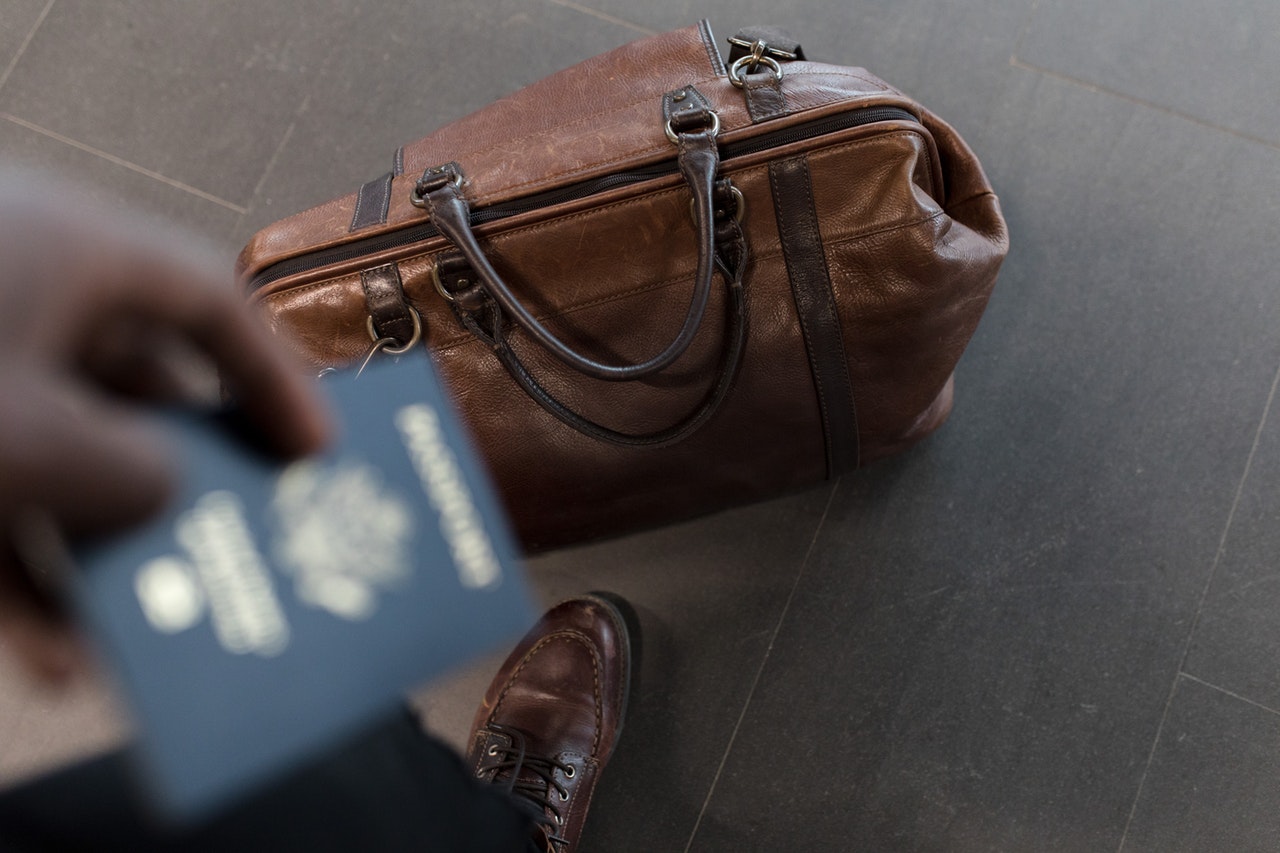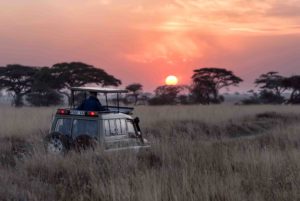When you are going on vacation, business trips or going to study as a student, you can forget some kind of little thing that may help you save money during a long trip. Some of these tips relate to health and safety, since these particular questions can cost you a significant amount.
Documents: (Visas, permits, certificates, tickets, passports, diplomas …)
What is useful to prepare in advance – if you want to save, there are a lot of low-tasters that offer to buy tickets in a few months from the desired date.
You will need a visa, which will take a little time to open. The planned route will help you to cross borders without difficulty. Some countries (for example, China) can only open a visa in their own country. But if you already have a previous visa to China, you can make it in place.
Scan your documents – certificates, students, passports, visas, visas, even if the surname is different, and the photos are old. If married, scan the marriage certificate. Take old pictures with you (even if you have 15-16 years of age) – it will save you time if you spontaneously decide to go to a country where you do not have a visa. Of course, you can squabble on the spot, but so cheaper.
Scans of diplomas and certificates of courses will be useful if you want to do volunteer activity.
Make two duplicates of all important documents
Make two copies of all important documents (credit cards, passport, driver’s license, etc.). Leave one set at home with a friend or family member, and take the second set with you on the road. When arriving at the hotel, place all the documents in the hotel safe. If you go somewhere, take copies with you, not the original documents. Take with you only the currency or credit cards you will pay. You can never rule out the possibility of loss or theft. If you do not trust the safes in the hotels, you will have to buy a belt for money or something else
Vaccination.
In different countries dangerous diseases can be threatened and vaccinations are needed – check the information on the website of the World Health Organization. In addition, some countries will not be allowed without a vaccination certificate – this can be checked on the website of the embassy.
Take care of your health.
Do not forget to take your medicine with you (if you have one), but you need to be careful about it. Some countries (including the United States) are forbidden to carry almost all drugs. For safety, carry a copy of the prescription from your doctor.
Buy health insurance.
Must be purchased health insurance. Everything you spend on it may save you thousands of dollars if you suddenly get sick or injured while traveling. The cost of medical care or worse, in the event of your death, can be significant, so take care of your relatives and do not make them spend their money. Make copies of insurance documents and leave them at home.
In addition, make an order if you will not be able to do everything yourself during the trip.
And although the latest information is probably not so important to you, some people die for various reasons during travel (heart attack, accident, murder, suicide).
Buy a road insurance.
Buy a road insurance and include compensation there for delayed flights of airplanes, trains, cancellations, luggage loss, etc.
Get the appropriate insurance for your equipment: cameras, binoculars, laptops, etc. Laptops presently cause special problems because customs services are concerned about where they come from and what they are.
Solve all questions about the host country before travelling.
One way is the Internet, where you can find a site, forum or blog dedicated to the country you are about to go to. Have the basic knowledge of customs of the country, simple phrases in the local language, such as “thank you”, “hello” and “sorry”.
Capture the necessary phone numbers.
Be sure to know the phone numbers to call your bank if necessary, for example. Also store the embassy’s telephone number in case you lose your passport or if it is stolen. Unfortunately, in the case of an embassy or consular service, sometimes difficult situations arise: you must prove your citizenship so that you receive the necessary assistance. That is why it is important that you make copies of all the essential documents before traveling.
Acquire an international telephone card and make a normal e-mail address.
Even six months after the hurricane passing through the Bahamas, the only mobile towers on the islands remained unworkable. The only way to call from the islands was the telephone card of the ordinary telephone line. Make sure you have such a card.
On the other hand, why call if you have someone email address? Many countries have Internet cafes where you can use e-mail at a minimum charge.
Plan your itinerary for your trip.
If you do not want to talk about you as a “rough and uncultured tourist”, that is, about a person who opened a map of the city in a crowd and blocked the entire movement, then plan the entire route in advance. Get to know the airport, public transport, city scheme, etc.
Finance on the road and a backup credit card.
When traveling, try not to keep in pockets for more than $ 300 in the currency of the country, and you must have at most one credit and / or debit card. But still, it would be nice to have a backup card in case you lose the first one or steal it. Store it separately, in a safe place.
Learn to be careful.
Another tip for your safety: to never lose your handbag or camera, always tie it in your hand. If someone tries to snatch it from you, nothing will happen to him. And in general, always be attentive in the crowd, because it’s just a place for steals and pocket thieves. You do not leave your belongings without taking care of yourself at home, so why should you do this on a trip?
Acquire the currency of the country you are going to leave.
If you did not have time in advance, then perhaps at the airport there is a branch of your bank. You only need the money to get from the airport to the hotel and possibly to have one meal. Just usually students are so hurry that they just do not have time to reach the ATM. And there are more difficult situations: ATMs at the airport do not work, too late and all banks are closed, and to the next place, where it is possible to exchange currency is still very far. So, it’s best to do everything in advance.
Use cash only.
Sometimes it will be very difficult for you to find a seller accepting credit cards. They pay interest on using credit cards (some do not accept credit cards at all), and cash will go up for everyone. In addition, you can find a street vendor something you really like, will not you bargain with him with a credit card?
Rooms at the hotel
For security, try to take a room between the second and seventh floors. Most fire departments do not have the proper equipment to get to the floors above the seventh. When you settle, take a look at the uniform of the hotel’s staff. You can always look at the hotel staff before you let it in.
Try to dress accordingly.
Leave your national costumes at home, try to avoid in clothes all that explicitly gives you a foreigner and emphasizes your nationality. This will allow you to avoid confrontation. Dress up conservatively, so as not to stand out from the crowd. But at the same time, you do not need to do so that your head was written “tourist”, otherwise you will become a target for thieves




